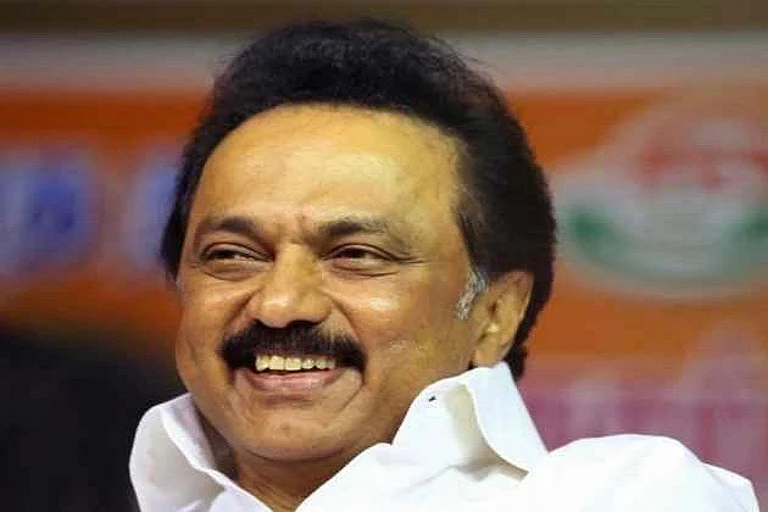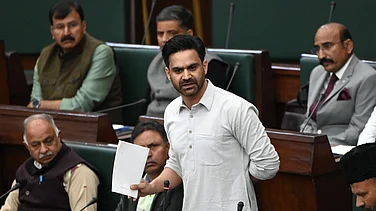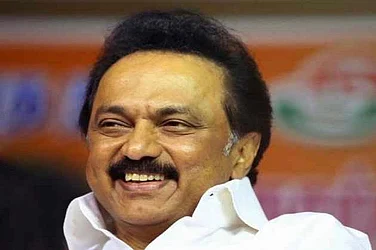Congress leader Pawan Khera provided insights into the ongoing controversy surrounding Sanatan Dharma, attributing its emergence to recent statements made by RSS chief Mohan Bhagwat. Khera shared his perspective during a gathering of the newly-constituted Congress Working Committee in Hyderabad, shedding light on the origins of a contentious debate that has captured the nation's attention, Hindustan Times reported.
"This issue started from RSS chief Mohan Bhagwat. He was the first to speak 15 days ago, acknowledging that we have witnessed exploitation for over 2000 years, specifically within the context of the Hindu religion," Khera remarked. Bhagwat's assertion regarding the historical exploitation of certain sections of society due to caste-based discrimination ignited a significant discussion on the need for social reform and the continuation of reservations as a means to rectify historical injustices.
Referring to Bhagwat's recent statements, Khera highlighted the RSS chief's stance on the matter. Bhagwat had expressed, "We kept our own fellow human beings behind in the social system. We did not care for them, and it continued for 2000 years. Until we provide them with equality, some special remedies have to be in place, and reservations are one of them. Hence, reservations have to continue until such discrimination ceases." Bhagwat also emphasized that the issue extended beyond financial or political equality, underscoring the significance of offering respect and recognition to marginalized communities.
Khera's remarks came in the wake of former Congress president Rahul Gandhi's guidance to party leaders earlier in the day. Gandhi urged his fellow members to maintain ideological clarity and exercise caution in their engagement with the BJP. "Rahul Gandhi laid specific stress on the need to have ideological clarity. I think all of us emerged from that CWC meeting with a profound sense of clarity," Khera shared. Gandhi's advice was centered on avoiding the pitfalls set by the BJP and staying committed to a principled political agenda.


























